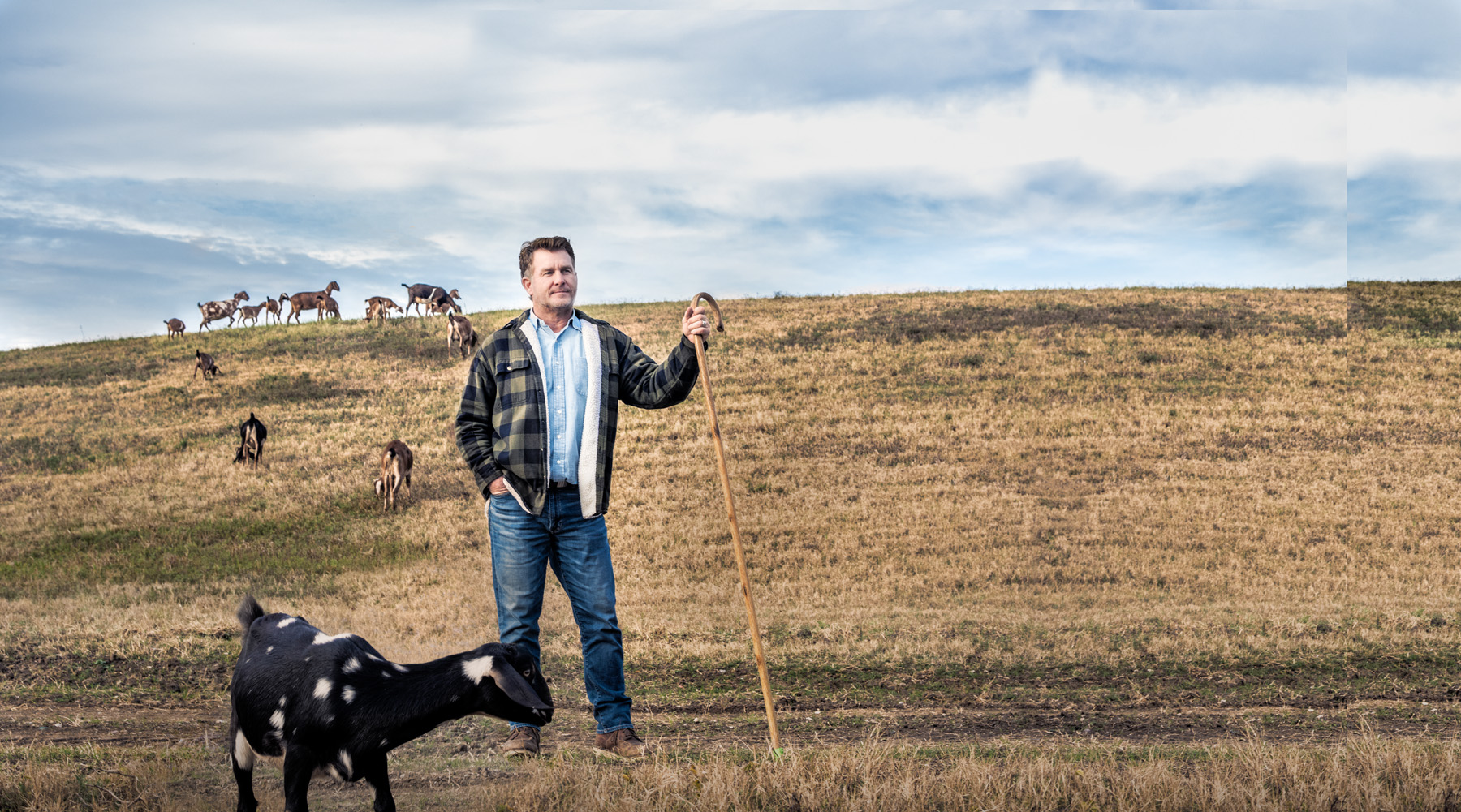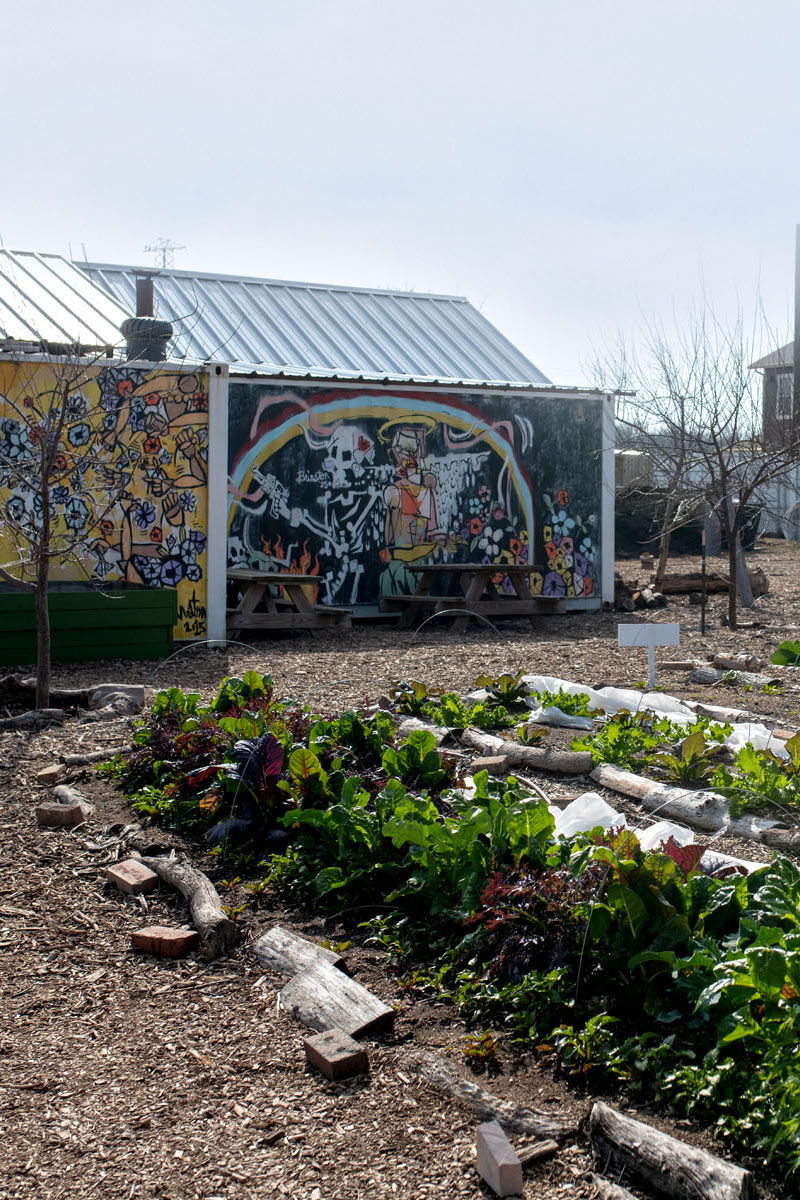Earlier this year, the Texas Legislature passed the Bonton Farms Act, which helps former inmates wipe fines from their records upon release. This helps them find independence and avoid being saddled with debt upon release.
Proposed by Republican state Rep. Scott Sanford of McKinney, the act resolves outstanding traffic tickets, warrants for unpaid fines during confinement, or Class C misdemeanors that require fines. It requires that a judge give $150 worth of credit per day of incarceration. If the defendant is in jail because they could not pay a fine, they will be released when their credit is equivalent to what they owed.
The law was inspired by Bonton Farms founder Daron Babcock’s firsthand observations of the binding systemic issues in the southern Dallas neighborhood of Bonton, which shows the lingering effects of segregation and systemic racism. Today, Babcock is advocating for Dallas businesses to dedicate themselves to developing innovative solutions toward a more equitable future.
The inspiration for Bonton Farms comes from a story of survival all too familiar for people of southern Dallas. When he met Daron Babcock, a man he thought was bad news, Daris Lee was in one of the most challenging times of his life, experiencing chronic health issues, homelessness, unemployment, and poverty. “I said that man is one of three things, either a police, a police, or a cop. He might be one. He might be all three. He definitely fit the description.” Lee said at the time. He didn’t have hope that there was a way out of the cycle of poverty.
Babcock moved in next door to Lee’s mom and was persistent in offering help. It was eventually accepted, starting with lunch when there wasn’t a single thing in Lee’s pantry. “Hunger will do that to you,” Lee says.

Babcock quickly became a support system for Lee, being there for him when he applied for Pilgrim’s Pride Chicken Processing Plant, where the work was disgusting and challenging but one of the only places that would hire him. The community knew the plant didn’t hire people with aggravated charges on their record, something many had, including Lee. Unexpectedly, after applying for a job at the plant, Lee was called back into the plant after his first interview.
“The Texas Department of Criminal Justice gives you a $50 check when you get out of prison. You get a second $50 check when you make your first parole. I used that only $100 I had to buy clothes for this opportunity, thinking I was going to land the job,” Lee says. Dressed up, Lee and Babcock waited in the only to be told they were brought back in because Lee looked like someone who had robbed the plant, not because they wanted to hire him. “It was devastating. I thought this is all I am ever going to be–the strikes on my record,” Lee says.
When Lee was released from prison, he didn’t have an ID, a driver’s license, still had warrants for his arrest, owed $37,000 in fines, and owed $130,000 in child support which compounded while he was serving time.
“It’s punishment, not a debt paid,” Babcock says of prison. “In our system, it’s not that you’re really free after jail. The dedication to a better future and better choices wasn’t enough for people in these communities getting out of prison.”
Bonton Farm’s CEO is looking forward to a future where business is leading progress in equity. Making an effort to hire formerly incarcerated individuals, providing training, and offering support to ex-convicts can make businesses part of the solution. “The business community is uniquely positioned to say we want to be a part of equity, in terms of seeing that everybody has a fair chance at an opportunity. We have to ensure that we provide marginalized communities with tools. It’s not tearing down statues; it is getting involved in creating equitable policies,” he says.
Babcock is busy communicating the existence of the Bonton Farms Act through the state and educating advocacy groups and inmates on how to take advantage of it. “Wardens aren’t going to make sure people know about it, but inmates can’t access it if they don’t know about it,” Babcock says.
Next up? Babcock wants to require prisons to provide education about available legal resources and rights. “The system that created all those horrible outcomes can be adjusted. We are building that infrastructure.”





